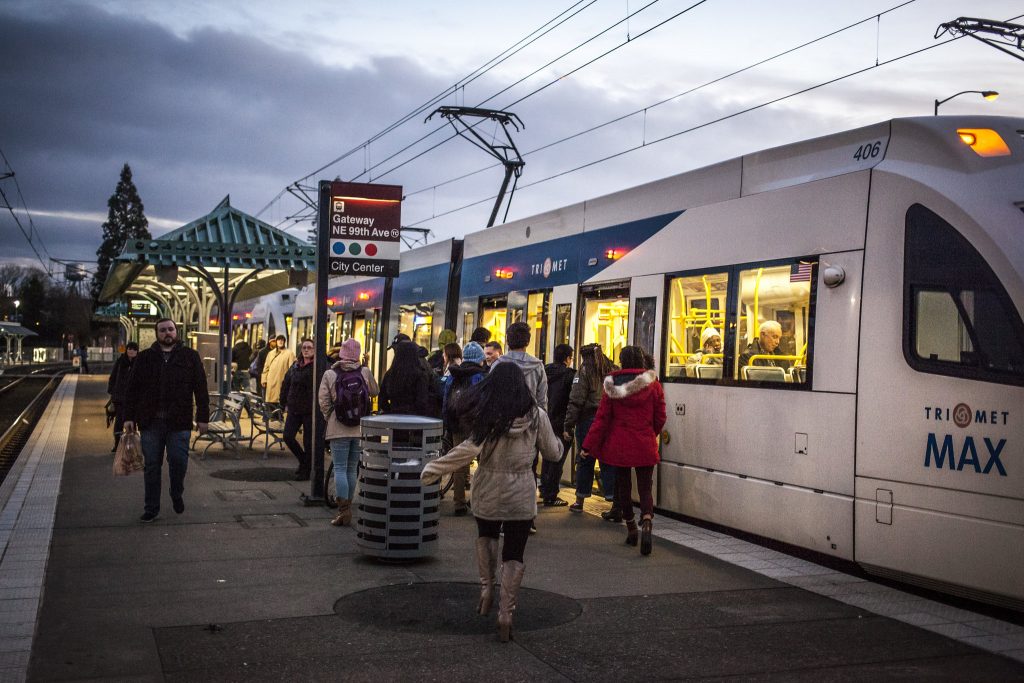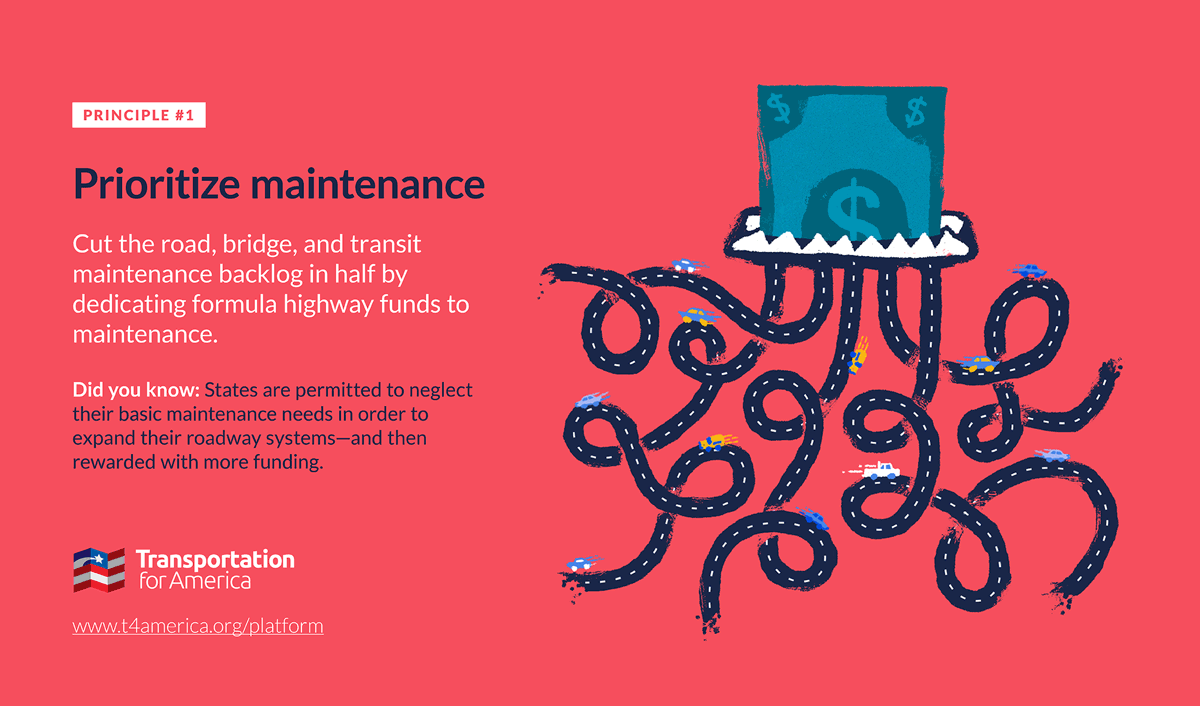House environment coalition demands real transportation policy reform to tackle climate change
Last week, leaders of the House Sustainable Energy and Environment Coalition (SEEC) urged Transportation and Infrastructure Committee Chairman Peter DeFazio and Ranking Member Sam Graves to use surface transportation reauthorization as an opportunity to take serious action on climate change.

“A status quo highway bill will no longer serve the needs of our country or our planet; instead, it would risk putting us at a competitive disadvantage while leaving us all more vulnerable to the dangers of climate change.”
We couldn’t agree more. The fact that those words came from sitting members of Congress is even more stirring. In a letter, the Sustainable Energy and Environment Coalition urged the U.S. House to use surface transportation reauthorization—the process that sets federal transportation policy for the next five years—as an opportunity to change our outdated transportation policy and make real strides reducing emissions in the transportation sector. We applaud their vision. The letter was led by SEEC Co-Chairs Reps. Gerry Connolly (VA-11), Paul Tonko (NY-20), and Doris Matsui (CA-6), and SEEC Vice-Chairs Reps. Chellie Pingree (ME-1), Alan Lowenthal (CA-47), Mike Quigley (IL-5), Matt Cartwright (PA-8) and A. Donald McEachin (VA-4).
Transportation is the single largest source of greenhouse gases (GHG), contributing 29 percent of the United States’ total greenhouse gas emissions and the majority of these emissions come from driving. As the Coalition wrote in their letter, “Our current highway policy undermines our climate goals by favoring new highways, roads, and lanes that induce more driving, over transit, biking, and walking.” Without structural reform and reducing the distance people drive, we’ll never reduce our emissions enough and create a transportation system that works for everyone.
The letter called for the creation of performance measures to reduce greenhouse gas emissions, vehicle miles traveled, and “cumulative criteria pollution” (which includes carbon monoxide, lead, nitrogen dioxide, ozone, particulate matter, and sulfur dioxide) in the transportation sector, similar to the GREEN Streets Act introduced in both the House and Senate. Further, the Coalition called for the use of accessibility, or destination access, to measure whether or not people can get to their destinations, replacing the outdated, ineffective, & car-centric proxies we currently use. As we’ve written about, we think the use of accessibility as a metric of success would be transformative.
Using access to evaluate projects may show that building and repairing sidewalks in a community would dramatically improve access to jobs and services for more residents than redesigning one intersection for cars. It may show that a new bus line would make it easier for residents in a low-income community to access healthcare. Choosing to invest in these types of projects would make better connections within communities and would reduce the distance needed to drive, and in turn reduce emissions.
The Coalition also called for the “creation of a national complete streets program to provide technical assistance and incentives for the adoption of policies that facilitate better pedestrian, bicycle, and public transit travel.” The Complete Streets Act of 2019, supported by our sister organization, the National Complete Streets Coalition, would do just that and is currently pending before the House and Senate. This bill would incentivize states and metro areas to finally design and build safer streets for everyone, and give them federal funding to do it.
We need a new vision for our transportation system, and the leadership and vision from the Sustainable Energy and Environment Coalition indicates that fixing our transportation policy is possible. We know that electrification and fuel efficiency alone will not suffice to meet our decarbonization goals by 2050. To meet our emissions reductions goals, we need to create a more equitable multimodal transportation system. We look forward to working with the Coalition to turn these principles into policy.



















